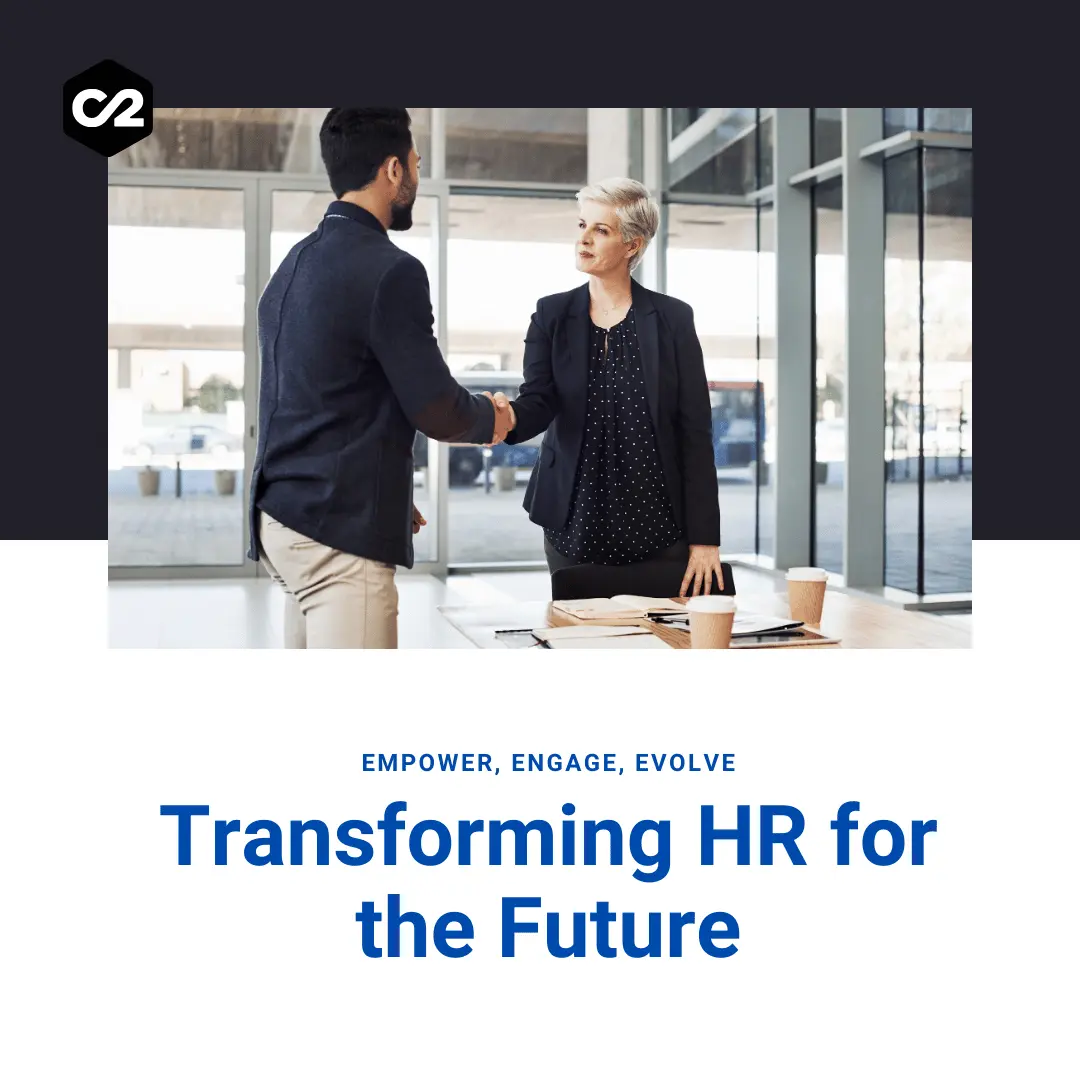
Introduction
Welcome, professionals! Today, we’re diving into a critical exploration of the common challenges faced by HR departments relying on traditional processes. As we navigate this landscape, we’ll uncover the ways these challenges manifest, identify their impacts on organizational efficiency, and most importantly, explore actionable strategies for transformation.
Section 1: Common Challenges in Traditional HR Processes
1. Time Management
– Challenge: HR teams often spend excessive time on administrative tasks such as payroll processing, employee onboarding, and compliance documentation.
– Example: A mid-sized company found that HR staff were dedicating over 70% of their time to administrative duties, leaving little room for strategic initiatives.
– Impact: This not only hampers productivity but also limits the HR department’s ability to contribute to strategic planning or employee engagement.
2. Data Handling
– Challenge: Traditional HR systems often utilize paper-based or siloed digital processes, making it difficult to access and analyze data effectively.
– Example: An organization relying on spreadsheets for tracking employee performance found discrepancies in data, leading to poor decision-making.
– Impact: Inefficient data handling can result in compliance risks and missed opportunities for talent development.
3. Communication Inefficiencies
– Challenge: Traditional communication methods can lead to misalignment within teams and slow response times.
– Example: A company using email chains for internal communication experienced delays in project timelines due to missed messages and misunderstandings.
– Impact: Poor communication can erode trust and collaboration among team members, ultimately affecting organizational culture.
Section 2: The Need for Transformation
As we consider these challenges, it’s crucial to recognize the need for transformation within HR departments. Embracing modern technologies and methodologies can significantly enhance efficiency, improve employee experiences, and drive organizational success.
Section 3: Actionable Strategies for HR Transformation
1. Adopt Automated Solutions
– Action: Implement HR software that automates repetitive tasks such as payroll and onboarding.
– Example: A leading tech firm adopted an automated onboarding system, reducing the onboarding time by 50% and increasing new hire engagement.
– Outcome: By freeing up time, HR professionals can focus on strategic initiatives, such as talent development and employee engagement.
2. Leverage Data Analytics
– Action: Utilize data analytics tools to track employee performance and satisfaction.
– Example: A retail company used data analytics to identify trends in employee turnover, leading to targeted retention strategies that reduced turnover by 30%.
– Outcome: Enhanced data handling allows HR to make informed decisions that align with business goals.
3. Improve Communication Channels
– Action: Integrate communication platforms that facilitate real-time collaboration and feedback.
– Example: A global organization implemented a communication tool that allowed teams to share updates instantly, resulting in a 40% improvement in project timelines.
– Outcome: Improved communication fosters a collaborative culture and enhances trust among team members.
Section 4: Motivational Insights
Transforming HR processes is not just about the technology; it’s about mindset. Embrace a growth mindset—view challenges as opportunities for innovation. Remember, change is often uncomfortable, but it is through discomfort that we grow.
– Reflect on Success: Consider a time when you embraced change in your professional life. What was the outcome? How did it affect your perspective? Use this reflection to empower your team to embrace transformation.
– Inspire Innovation: Encourage your colleagues to share their ideas for improving HR processes. Create a culture where everyone feels valued and empowered to contribute.
Conclusion
As professionals in the HR field, it is crucial to recognize the challenges posed by traditional processes and actively seek transformation. By adopting modern strategies and fostering a growth mindset, we can not only enhance our own effectiveness but also contribute to the overall success of our organizations. Let’s take actionable steps towards transforming HR for a better future.
Call to Action
Now, reflect on your current HR processes. What one change can you implement this week to move towards a more efficient, modern approach? Share your insights with your team, and let’s start the journey of transformation together!
